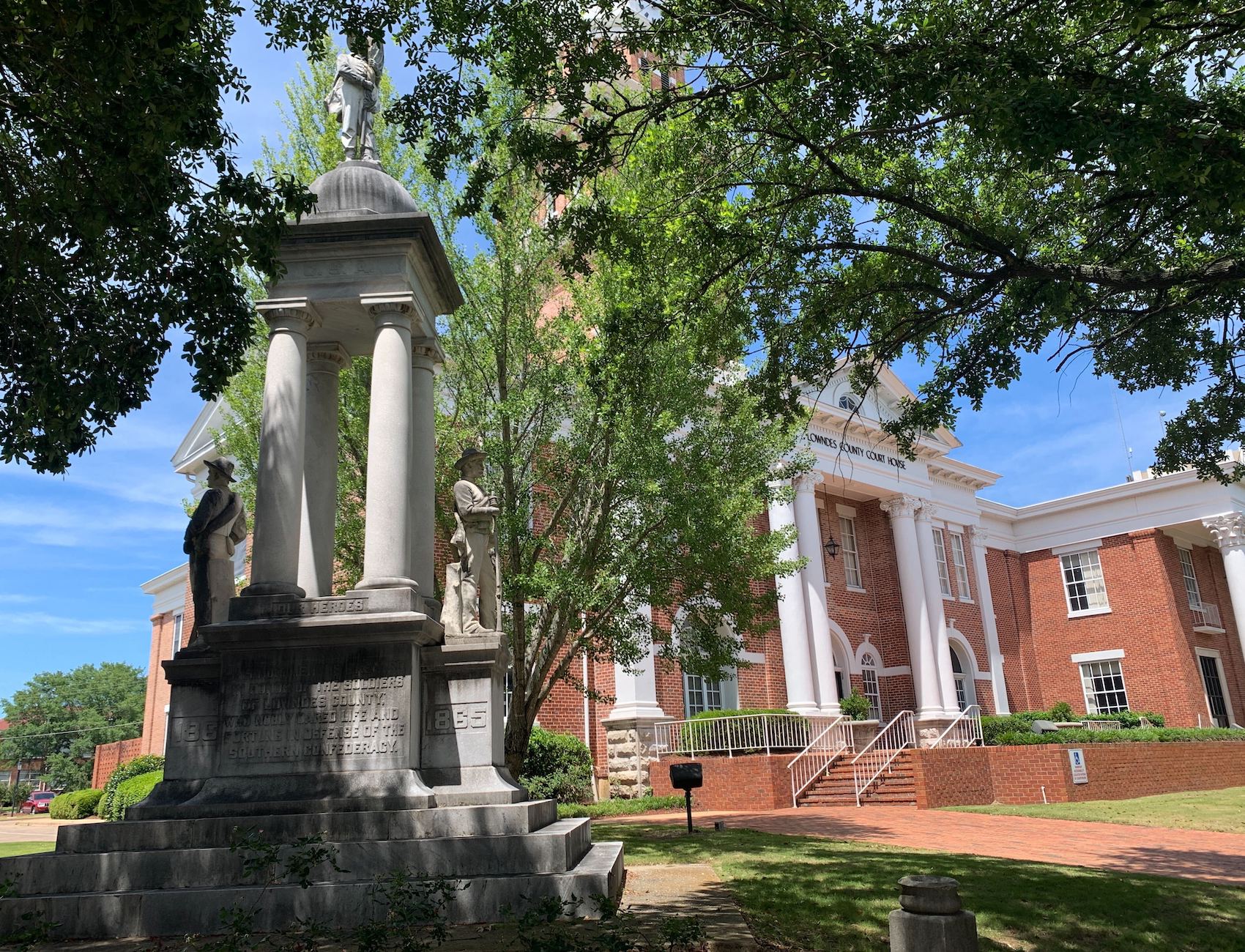Mississippi Attorney General Won’t Pursue Case Against White Officer for Killing Black Man
Canyon Boykin was charged with manslaughter for shooting and killing Ricky Ball during a traffic stop in 2015.

Mississippi’s attorney general will not pursue the case against Canyon Boykin, a white Columbus police officer in who fatally shot Ricky Ball, a 26-year-old Black man, after a traffic stop in 2015. The case was dismissed with prejudice at Attorney General Lynn Fitch’s request, meaning it cannot be brought again on the same grounds.
Fitch confirmed on Friday that her office dropped the manslaughter charge against Boykin. “The Office did a thorough and independent review of the thousands of documents in this case file and concluded that there is not evidence on which to prosecute the case against Officer Boykin,” a statement from her office reads. “In fact, all evidence, including forensics and the sworn statements of four separate MBI investigators, points to necessary self-defense.”
Scott Colom, district attorney for the Sixteenth District, which includes Columbus, told The Appeal, “I almost never dismiss a case with prejudice because you don’t know what you’ll find out after that.” The dismissal, he said, “is further going to drive distrust because that so rarely happens.”
On October 16, 2015, Ball fled from the passenger’s side of a vehicle Boykin pulled over. Boykin chased Ball, shooting him in the arm and hip. These gunshots killed Ball, according to the medical examiner’s report. Boykin alleged Ball pointed a gun at him, and one was found near Ball at the scene. Boykin and his lawyers claimed self-defense. According to BuzzFeed News, Boykin had followed Ball through Columbus months before, making threats.
A grand jury indicted Boykin for manslaughter in September 2016. “Boykin did willfully, unlawfully, feloniously and unnecessarily kill Ricky Ball,” the indictment states. Boykin pleaded not guilty.
The City of Columbus fired Boykin for multiple infractions: not activating his body camera while pursuing Ball, riding around in his patrol car with his fiancée, and for racist comments on social media. Boykin sued the city in response and received an undisclosed settlement in 2017.
News of the dismissal did not immediately reach Ball’s family and organizers in Columbus, which is 64 percent Black. Earnesto Ball, Ricky’s first cousin and a spokesperson for the family, learned of the dismissal in a phone interview with The Appeal: “What we were doing was petitioning for the judge to not file to where it couldn’t be reopened,” he said.
Hours ahead of the dismissal, dozens of Columbus residents poured out to sign petitions, asking Fitch to allow for the possibility that charges could be brought again. As of 2 p.m. on June 1, approximately 450 people had signed on. Organizers also held protests at an area mall over the weekend.
Colom, a Democrat, transferred the case in 2016 to the attorney general’s office when Democrat Jim Hood was at its helm. But Colom said he now regrets his decision and has sent a letter to the attorney general’s office, demanding the case file.
“Had I known that [the attorney general] would dismiss the case this way at a period in time when we’re having a national reckoning, a national crisis around African Americans and police brutality … I would not have transferred it,” he told The Appeal in a phone interview.
The dismissal comes days after the U.S. erupted in protests over police brutality following the deaths of George Floyd in Minneapolis and Breonna Taylor in Louisville, Kentucky. In Mississippi, demonstrations have taken place in Jackson, the state capital; Oxford drew hundreds to the streets; Tupelo residents held a rally; and protesters in Petal are calling for the mayor’s resignation following controversial comments on Floyd’s final breaths.
“I knew it would be hard, I knew it would be difficult,” said David Horton, who organized this weekend’s demonstrations in Columbus. “I did not believe these people would play fair. I take joy that in knowing that they feel me and they know I’m coming.”
